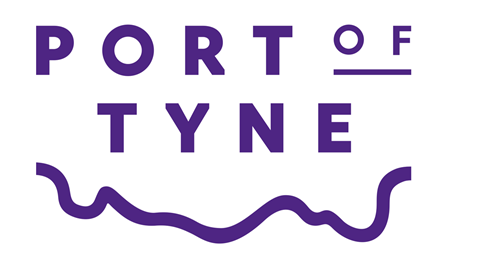Port of Tyne: Leading Maritime Sustainability Through Comprehensive Carbon Management


The Port of Tyne is positioning itself as a sustainability leader in the maritime sector, an industry known for significant CO₂e emissions. Recognising their environmental responsibility, the Port partnered with Ardea Eco-innovation to undertake a comprehensive emissions assessment project to understand and reduce their carbon footprint.
Whilst the Port had historically monitored their Scope 1 and 2 emissions, they commissioned Ardea Eco-innovation to conduct a complete greenhouse gas inventory for 2023, including full Scope 3 emissions. The assessment encompassed:
Direct emissions from buildings and vehicles
Purchased electricity and heating
Complete supply chain analysis, both upstream and downstream
Of the fifteen standard Scope 3 categories, seven were identified as relevant to the Port's operations. The analysis revealed that supply chain activities, particularly capital expenditure and procurement, represented the largest source of emissions. The breakdown showed:
Scope 1 (direct emissions): 17.8%
Scope 2 (purchased energy): 6.3%
Scope 3 (supply chain): Majority of emissions
Based on these findings, Ardea Eco-innovation helped the Port develop a comprehensive emissions reduction strategy focused on three key pillars:
Energy Management
Supply Chain Optimisation
Stakeholder Engagement
The strategy emphasises stakeholder collaboration, particularly crucial given the significant proportion of emissions originating from supply chain activities. Additionally, the Port is planning to leverage its extensive land holdings to enhance local biodiversity, creating multiple environmental benefits.
A significant early win in emissions reduction has been achieved through the conversion of the Port's entire HGV fleet to Hydrotreated Vegetable Oil (HVO), demonstrating their commitment to practical, immediate actions alongside longer-term strategic planning.
Working with Ardea Eco-innovation, the Port is implementing several key initiatives:
Development of sustainable procurement policies
Implementation of a carbon education programme
Enhanced stakeholder engagement processes
Building on this foundation, the Port has commissioned Ardea Eco-innovation to develop a comprehensive climate transition plan aligned with Science Based Targets initiative (SBTi) requirements. This next phase will:
Strengthen their emissions reduction commitments
Enhance overall climate resilience
Position the Port as an industry leader in sustainability
This proactive approach to carbon management and climate action demonstrates the Port of Tyne's commitment to achieving Net Zero and establishes them as a pioneer in maritime sustainability.